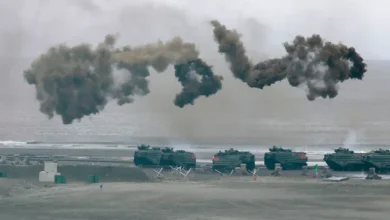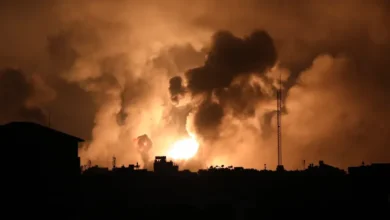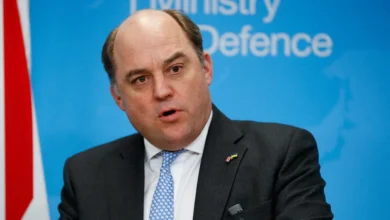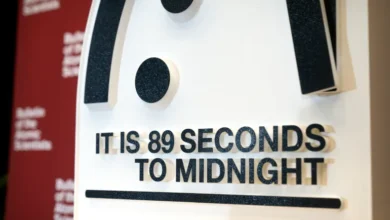Hungary’s loyalties tested as Russia’s war in Ukraine grinds on

Hungary’s populist leader Viktor Orban has been playing the West off against Russia and China for years, but as the Ukraine war drags on, the pressure is rising, according to analysts.
“The Hungarian government continues to maintain close relations with Russia and supports the Russian war machine in various economic ways,” US Ambassador David Pressman said on April 12.
Washington backed these harsh words up by unveiling sanctions against the Budapest-based, Russia-linked International Investment Bank and three of its directors.
The measures marked a new low in relations between Hungary and its Western partners. However, worse could be to come.
Reports suggest that the announced measures are a shot across Budapest’s bows, intended to deter the European Union and NATO country to pivot away from Russia and China.
And Hungary’s ongoing refusal to ratify Sweden’s membership of NATO is seen as the trigger.
Orban has spent years resisting or evading what he calls the diktat of Washington and Brussels.
His stance and the corruption and weak rule of law in Hungary have seen billions in funding frozen as the EU seeks to get him to play ball.
But while the Hungarian leader basks in his reputation as a troublemaker, Russia’s invasion of Ukraine has raised the stakes.
Orban has doubled down though, refusing to break with Russian President Vladimir Putin. And amid rising tension, his county is now blocking NATO expansion, alongside Turkey.
Following in Ankara’s steps, Hungary ratified Finland’s membership in late March, after a seven-month delay. But Sweden is still awaiting the green light from the pair.
Budapest has said the parliament, which in other cases acts as a rubber stamp for the premier, refuses ratification due to Sweden’s criticism of the Hungarian government.
Parliament’s hesitation is due to “a declared and open hostile attitude [that] has been going on for years”, said Zoltan Kovacs.
He also suggested that Swedish officials have urged the EU to halt funds to Budapest in order to “pressure the Hungarian government into submission”.
Kovacs did not respond, however, to queries concerning alternative theories regarding the reasons for the delay, nor the potential effect on relations with NATO partners.
But Daniel Hegedus at the German Marshall Fund of the US suggests there are several factors behind the gambit.










